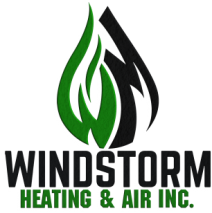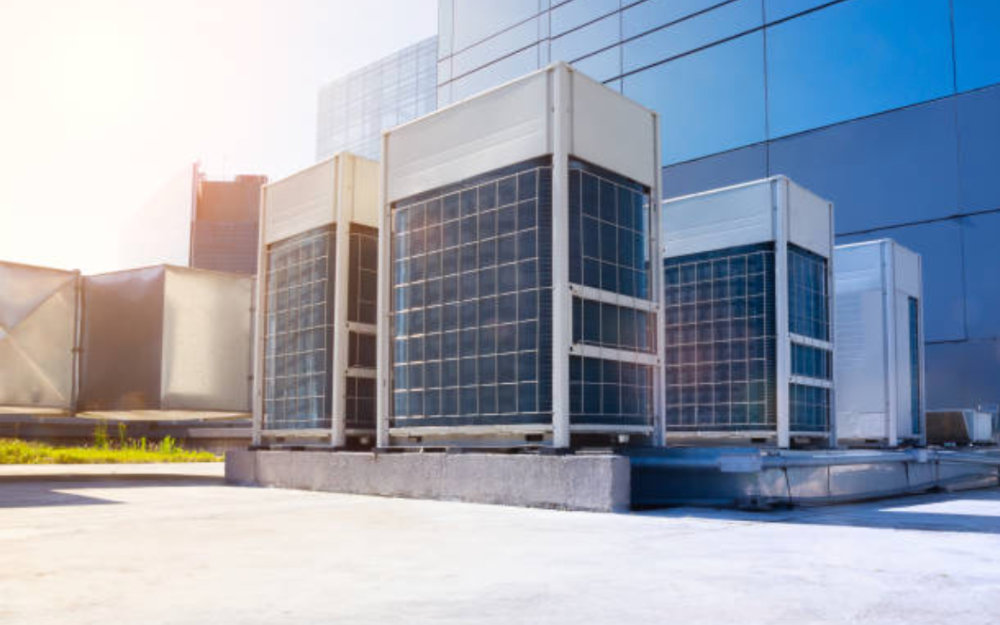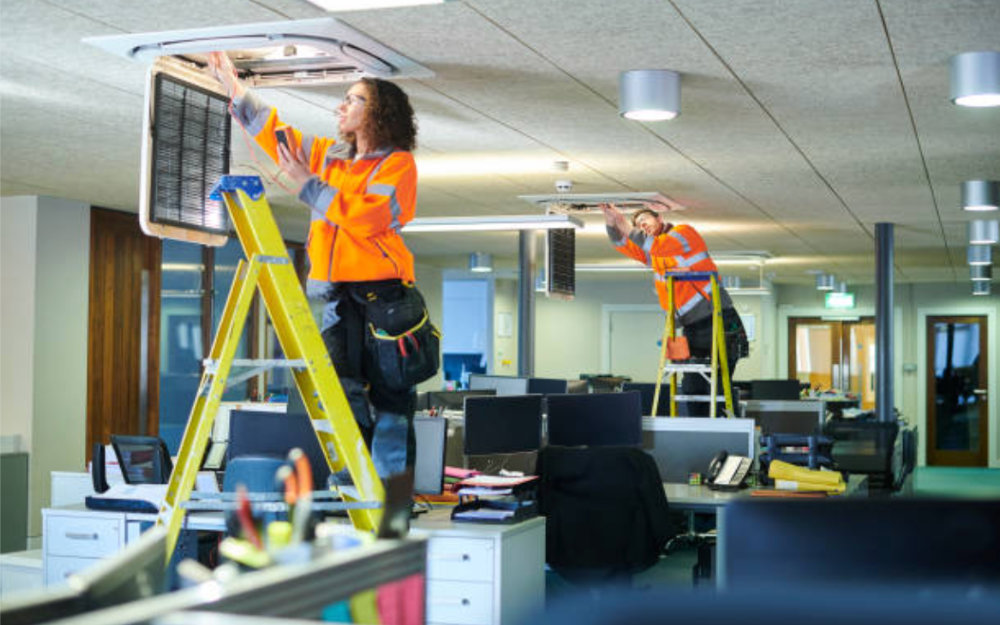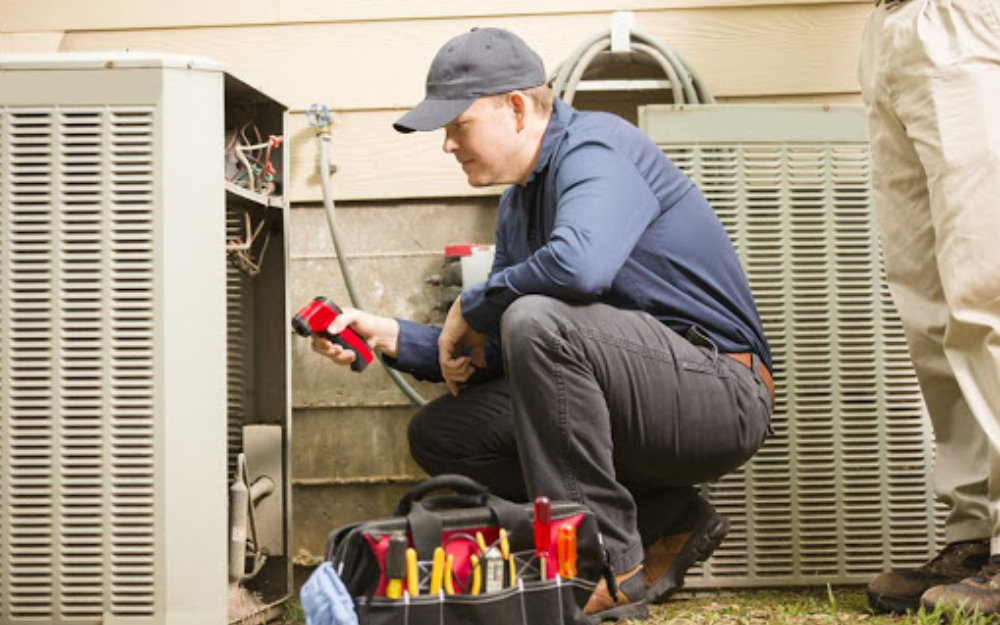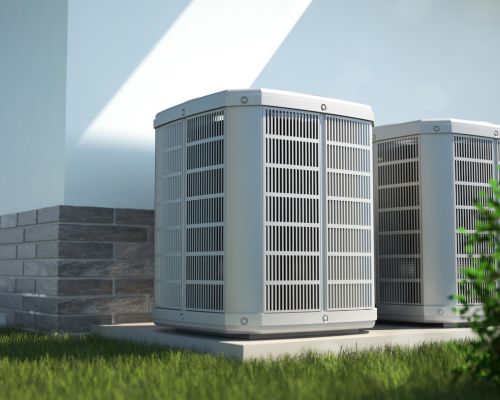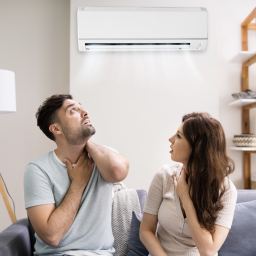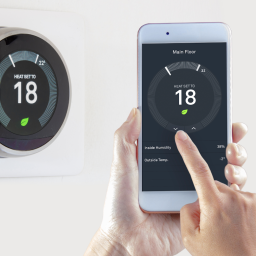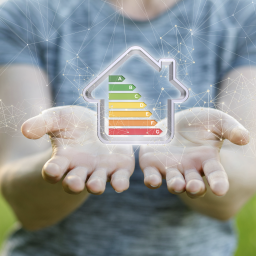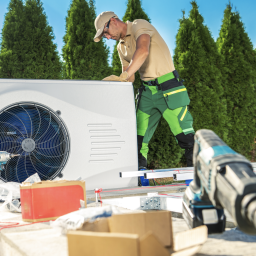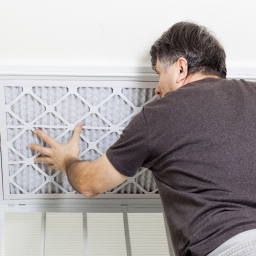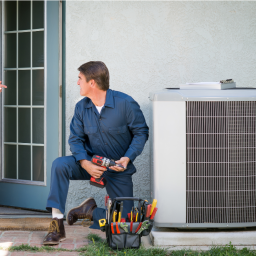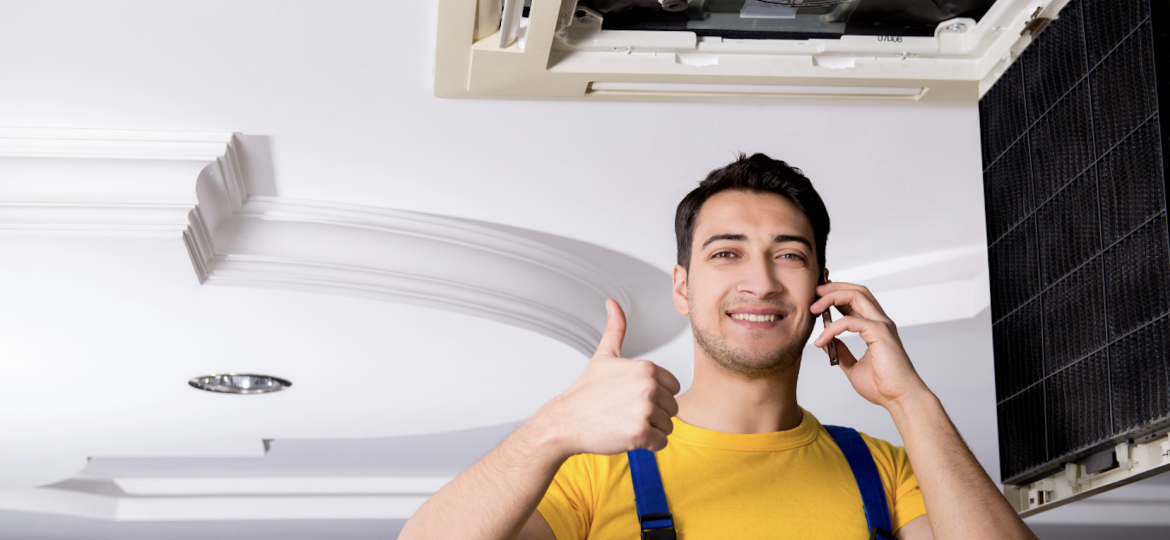
Emergency Ventilation Repair: Essential Tips for Property Owners
Your home’s ventilation system is important for keeping your space comfortable and safe. But what do you do when something goes wrong? Let’s talk about emergency ventilation repair and what you need to know to keep your home healthy and avoid big problems.
Emergency Ventilation Repair: Key Points
- Know the signs of ventilation problems
- Have a plan ready for emergencies
- Keep up with regular maintenance
- Choose a reliable HVAC service
- Don’t wait to call professionals if issues arise
Why Emergency Ventilation Repair Matters
Your home’s ventilation system does more than just move air around. It helps keep the air clean, controls humidity, and even affects your energy bills. When something goes wrong, it can quickly turn into a big problem. That’s why knowing about emergency ventilation repair is so important for keeping your home healthy and comfortable.
Imagine if your ventilation system stops working on a really hot day or a super cold night. You’d want it fixed fast, right? But it’s not just about being comfortable. Poor ventilation can cause mold to grow, make the air in your home bad to breathe, and even make you sick. Professional HVAC services are really important for fixing these problems quickly and safely, making sure the air in your home stays clean and your system works well.
Common Causes of Emergency Ventilation Issues
Here are some reasons why you might need emergency ventilation repair:
- Mechanical failures: Parts of your system might break or wear out over time, like fan motors or belts.
- Electrical problems: Wiring issues can make your system stop working suddenly, which could be dangerous.
- Ductwork damage: Leaks or blockages in your ducts can mess up your whole system, making it work poorly and making the air less clean.
- Clogged filters: When filters get too dirty, they can make your system work badly or even shut down, which can hurt other parts.
- Refrigerant leaks: In air conditioning systems, not having enough refrigerant can cause big problems, including making the system stop working and possibly hurting the environment.
- Thermostat malfunctions: If your thermostat isn’t working right, it can make your system run wrong or not at all.
- Frozen evaporator coils: This can happen if air can’t flow well or there’s not enough refrigerant, making your AC stop cooling properly.
Knowing about these common issues can help you spot problems early. But remember, it’s always best to take care of your air conditioning unit regularly to stop emergencies from happening in the first place. Regular check-ups can catch many of these issues before they turn into big emergencies.
Recognizing Signs of Ventilation Emergencies
How can you tell if you’re having a ventilation emergency? Here are some signs to watch out for:
- Unusual noises: If your system starts making weird sounds like banging, whistling, or grinding, it’s trying to tell you something’s wrong.
- Sudden temperature changes: If some rooms are too hot or too cold, your system might not be working right.
- Poor air quality: Bad smells, more humidity, or more dust than usual could mean your ventilation isn’t doing its job properly.
- Higher energy bills: If your bills suddenly go up a lot, your system might be working too hard because of a problem.
- Visible damage: If you can see something broken or leaking, that’s a clear sign you need help right away.
- Frequent cycling: If your system turns on and off more often than usual, it could be a sign of various problems.
- Water leaks: If you see water pooling or a lot of moisture around your HVAC unit, it could mean serious issues that need to be fixed right away.
If you notice any of these signs, it’s time to think about getting professional help. Don’t wait until small problems turn into big ones that could make your system stop working or make you sick!
Immediate Steps for Property Owners
If you think you’re dealing with a ventilation emergency, here’s what you should do:
- Safety first: If you smell gas or see smoke, turn off your system right away and get out of the house. These could be really dangerous.
- Do a quick check: Look for obvious problems like water leaks or strange noises. Write down what you find to help the repair person.
- Write it down: Make notes about what’s happening, including when the problem started and any changes you’ve noticed. This will help when you call for help.
- Check your circuit breaker: Sometimes, a tripped breaker can cause your system to shut down. If it’s tripped, reset it once. If it trips again, leave it alone and call a professional.
- Call the pros: Contact a professional HVAC service like Windstorm Heating & Air for expert help. Tell them exactly what’s going on so they can be prepared.
Remember, trying to fix big ventilation problems on your own can be dangerous and might make your warranty not work anymore. It’s always better to call in the experts who have the right tools and know-how to fix the issue safely and properly.
The Importance of Professional Emergency Repair Services
Why should you call a professional for emergency ventilation repair? Here are some good reasons:
- They have special tools and knowledge to fix problems quickly and safely, so you’re not uncomfortable for long.
- Professional services often come quickly, even at night or on weekends, so you’re not left in a tough spot for long.
- They can find and fix the real problem, not just cover it up temporarily, which stops the same problems from happening again.
- Professionals know how to work safely with complicated systems, which lowers the risk of someone getting hurt or more things getting broken.
- They can give you advice on how to stop future problems, which might save you money in the long run.
- Professional repairs often come with guarantees, which gives you peace of mind.
- They can spot other potential problems during the repair, helping you fix things before they become emergencies.
When you’re dealing with an emergency, you want someone who really knows what they’re doing. That’s where professional services are really helpful, giving you expert help when you need it most.
Preventing Ventilation Emergencies
The best way to handle emergencies is to stop them from happening in the first place. Here are some tips to keep your ventilation system working well:
- Schedule regular check-ups: Just like you go to the doctor for check-ups, your ventilation system needs regular check-ups too. Try to get it checked at least once a year.
- Change filters often: Clean filters help your system work better and last longer. Check them every month and replace them when they’re dirty.
- Keep things clean: Make sure the area around your ventilation equipment is clean and clear. This includes both inside and outside parts.
- Listen and look: Pay attention to how your system sounds and looks. If something seems off, get it checked out quickly.
- Think about upgrades: If your system is old, getting a newer, more efficient one might prevent a lot of problems and save energy.
- Watch humidity levels: Keep indoor humidity between 30-50% to stop mold from growing and make the air better.
- Seal ductwork: Make sure your ducts are sealed properly to prevent air leaks and keep your system working efficiently.
Taking care of your system regularly can save you a lot of trouble and money in the long run. It’s much easier to fix small problems before they turn into big emergencies. By following these tips, you can really lower the chances of having a ventilation emergency.
Cost Considerations for Emergency Ventilation Repair
When it comes to emergency repairs, costs can be different depending on a few things. Here’s what might affect the price:
- The type of problem: Some issues are quicker and easier to fix than others. Big problems might take more time and parts to fix.
- When you need help: Getting help at night or on holidays might cost more because it’s outside normal working hours.
- How old your system is: Older systems might need more work or new parts, which can make it cost more.
- Where you live: Prices can be different in different areas because of local costs.
- How bad the damage is: Sometimes, what looks like a small problem can turn out to be bigger when someone looks at it closely.
- Parts needed: The cost and availability of replacement parts can really change how much the whole repair costs.
Even though emergency repairs can be expensive, they’re often worth it to protect your home and health. Plus, fixing problems quickly can stop more expensive damage from happening later. It’s a good idea to talk about prices upfront with your HVAC service and ask if they have any ways to help pay for unexpected repairs.
Choosing the Right HVAC Service for Emergency Repairs
When you’re facing a ventilation emergency, you want to make sure you’re calling the right people for help. Here’s what to look for in an emergency HVAC service:
- Available 24/7: Emergencies don’t wait for business hours, so choose a service that’s always ready to help.
- Quick response times: You want someone who can get to you fast to minimize discomfort and potential damage.
- Good reviews: Check what other customers say about their service. Look for patterns in feedback about reliability and quality of work.
- Proper licenses and insurance: This protects you and ensures they know what they’re doing. Don’t be afraid to ask for proof.
- Clear pricing: Make sure you understand what you’ll be paying for. Ask about any potential extra costs upfront.
- Experience with your system: Choose a service familiar with your specific type of HVAC equipment.
- Warranty on repairs: A service that stands behind their work with a warranty gives you peace of mind.
At Windstorm Heating & Air, we offer all these things and more. We’re here to help you with any ventilation emergency, big or small, making sure your system is working well again as quickly as possible.
Conclusion: Be Prepared for Ventilation Emergencies
Emergency ventilation repair isn’t something most of us think about until we need it. But being prepared can make a big difference when problems do happen. Remember these key points:
- Know the signs of ventilation problems to catch issues early.
- Have a plan for what to do in an emergency, including knowing who to call.
- Keep up with regular maintenance to prevent emergencies and make your system last longer.
- Choose a reliable HVAC service before you need one, so you’re not rushing during an emergency.
- Don’t ignore small issues, as they can quickly turn into bigger, more expensive problems.
By taking care of your ventilation system and knowing what to do when things go wrong, you can keep your home comfortable and safe all year round. Regular check-ups, fixing problems quickly, and having a trusted HVAC professional to call are your best ways to avoid ventilation emergencies.
Remember, when you’re not sure, it’s always better to call in the professionals. Your home’s ventilation system is too important to take chances with. It affects not just how comfortable you are, but also your health and how long your home stays in good shape. With the right approach to maintenance and being prepared for emergencies, you can make sure your ventilation system keeps working well for a long time.
